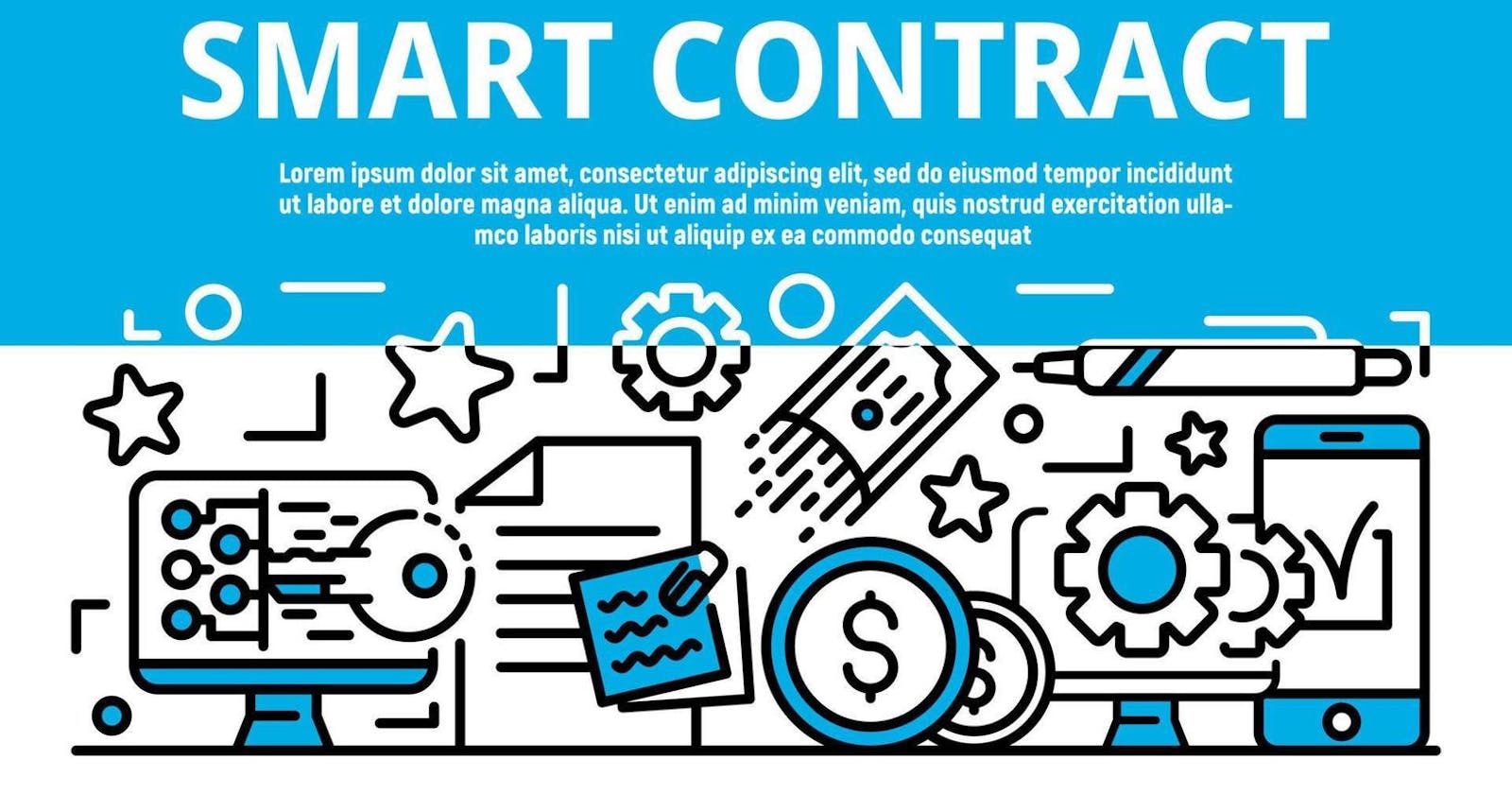Getting Started as a Smart Contract Developer: Your Journey to Blockchain Brilliance!
Hey there, budding smart contract developer!
Over the past few months, I've received several cold DMs on LinkedIn and elsewhere, from people with a passion for Blockchain technology, and people who want to become smart contract developers.
And I must say, there really is a serious demand for smart contract and general blockchain guides/mentors.
I won't mince words here: Smart contracts are amazing! You wouldn't believe the kinds of stuff you can build with smart contract skills.
Imagine having the power to create amazing apps (DApps) powered by unbreakable and uncheatable code that runs on the blockchain, using smart contracts.
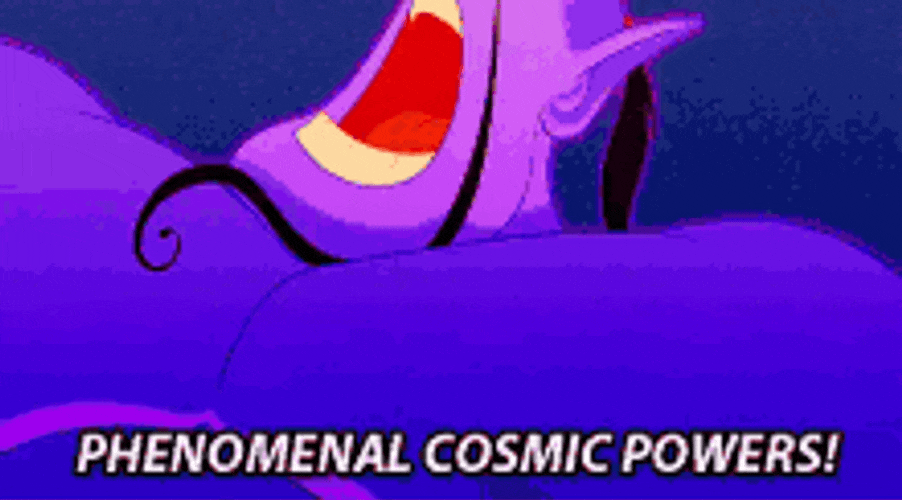
In this guide, I'll try to summarize the steps you need to take if you truly want to become that blockchain wizard you see in the mirror... Even if you're starting from scratch.
Keep in mind that i'm no wizard myself. I've just had a lot of time to pull my hair out over smart contracts that simply won't compile, and thousands of failing hardhat/ethers test cases.
So without further ado, here are my two cents:
Step 1: Embrace the Blockchain Basics
First things first, let's get familiar with the basics of blockchain technology. Imagine a digital ledger that records transactions in a super secure and transparent way.
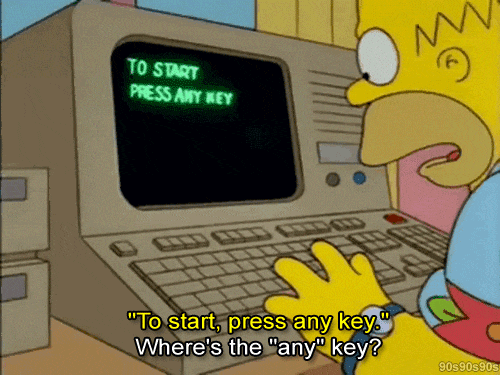
Several clusters of computers all over the world (called nodes) become synced to one another, run the same set of protocols, and continuously add blocks of data to a huge register.
This is what makes up a blockchain. Each entry, or "block," contains data, and once it's added, it becomes a permanent part of the chain. No one can change it, and everyone can see it – pretty cool, right?
Step 2: Understand Smart Contracts
Now, let's talk about smart contracts.
You know what contracts are in the real world: Two or more people lock each other up in a room with a piece of paper.
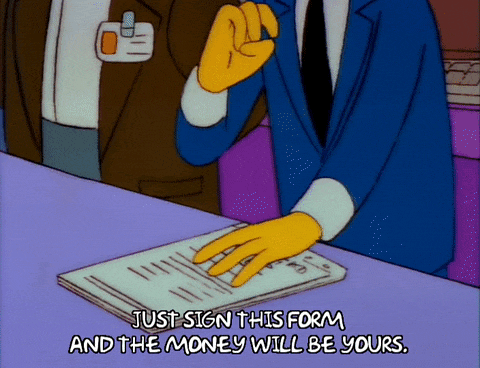
Both parties sign this piece of paper and are forbidden from breaking the terms of said agreement.
Smart contracts are no different. Only that these "contracts" are more programming-based, and are several times more unbreakable than paper contracts.
Think of them as self-executing agreements written in code. These contracts automatically enforce the rules and conditions set within them. No need for a middleman or a notary; the blockchain takes care of everything. Smart contracts are the building blocks of decentralized applications (dApps) and the backbone of many cryptocurrencies.
Step 3: Pick the Right Blockchain Platform
There are several blockchain platforms out there, but for beginners, Ethereum is a great place to start. It's like the melting pot of smart contract development. Don't worry if you don't know how to cook your smart contract just yet; we'll get there together!
Remember what smart contracts are? Well, if you're picking Ethereum, you'll need to learn a programming language called Solidity.
If you want to go for other blockchains like Solana, Cardano and other non-Ethereum-based blockchains, you'll need to go for a language called Rust.
I have outlined the pros and cons of each programming language in this article.
Step 4: Learn To Code
I'm assuming you're picking Solidity here.
Solidity might seem daunting on your first encounter, but trust me, it's not as hard as it seems!
Begin by understanding:
variables
functions
data structures.
control structures
loops
It'll all become easier from there.
Step 5: Start with Simple Smart Contracts
Remember, Rome wasn't built in a day
Start with straightforward smart contracts to get the hang of things.
A simple voting or lottery contract is a good starting point. As you become more confident, you can move on to more complex projects.
Step 6: Collaborate and Learn from the Community
Join online forums, social media groups, and blockchain communities to connect with fellow developers. Sharing knowledge and learning from others is a fantastic way to grow as a smart contract developer.
Step 7: Test and Deploy Your Smart Contracts
Congratulations! You've written your first smart contract. But before you release it into the wild, be sure to test it thoroughly. You wouldn't believe the amounts of money that have gone down the drain because of poorly written smart contracts.
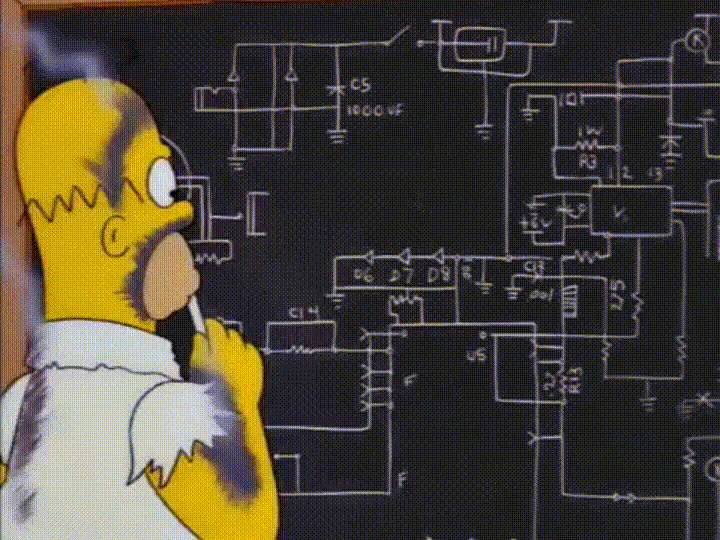
Use a test network like Goerli to deploy your contract first. It's like a rehearsal before the big show. Once you're confident that everything works smoothly, you can deploy it on the mainnet.
Step 8: Keep Learning and Stay Curious
Blockchain and smart contract development are ever-evolving fields. Keep learning, stay curious, and explore new projects and ideas. The more you practice, the better you'll get.
In All...
You've made it to the end of this guide! Starting as a smart contract developer might feel like stepping into a mysterious world, but don't be discouraged.
With passion, patience, and a willingness to learn, you can unlock the secrets of blockchain and create innovative solutions with smart contracts.
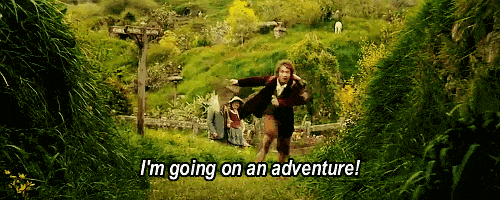
So go ahead, embark on your journey, and let the blockchain adventure begin! Happy coding!
